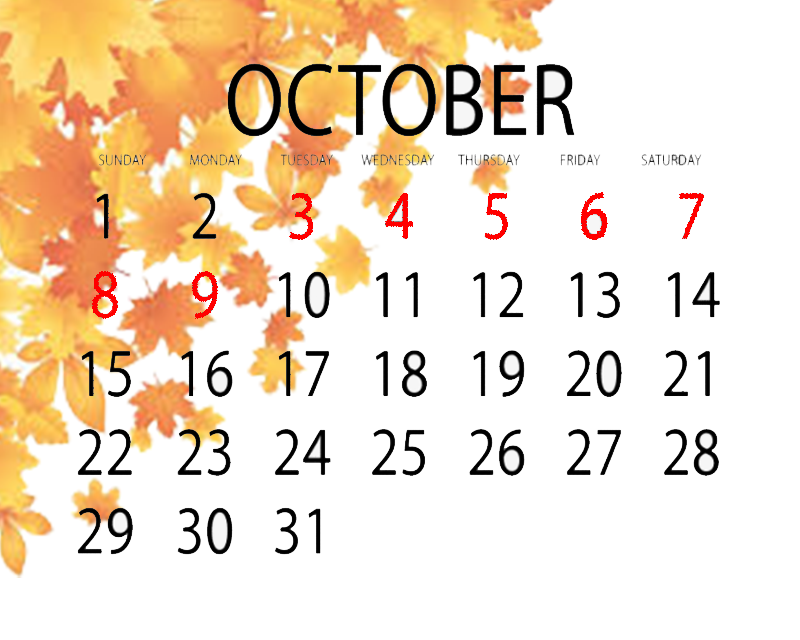The scent of savory food envelopes the house as the entire family gathers around for dinner. It is the time of year when food is plenty and stores all over Korea shut down for their own celebrations at home. Chuseok, also known as the Korean Thanksgiving, was especially long this year with six more days-off than last year’s Chuseok a total of ten days. Along with a longer break, more people chose to go on family vacations instead of participating in the usual traditions.
“I was super excited to see my relatives again,” Yoona Lee (11) said, a student who spent her break with her relatives. “It was even more exciting this time because I hadn’t seen them for a few years because I was in other countries. It was really nice and I felt really warm on the inside.”
Based on its original tradition, Chuseok is a time for ancestral rituals, also known as jaesa, with specific food preparation. From traditional foods like songpyeon, a special type of rice cake, and Fall fruits like Korean pears, thorough preparations are needed for traditional ceremonies. Yet despite the specific traditions set, as more people in the modern society have less time, many opt out to focus more on spending time with their relatives rather than preparing for long, rigorous rituals, skipping much of the ceremony.
“We had jaesa at my house and we just sat down and talked about what was going on in our lives,” Yoona said. “It was really nice to talk about how they were doing. I gave a lot of my things to my little cousins. We watched a few home videos, looked at old pictures and then we bought ice cream and snacks. It felt like I was being healed.”
With an especially long break this year, long distance travel became another option for many Koreans. According to Kyeonggi Ilbo, a total of around 1,000,000 left Korea while boat ticket sales to the southern regions of Korea increased by 251 percent. Rather than spending time with distant relatives, more time was spent with close family members in travelling both inside and outside of Korea.
“During my Chuseok break, I did not take the SAT, but went on a family trip,” said Jessica Cho (11), a student preparing for the SAT Subject Test. “Throughout this whole trip however, I constantly felt uneasy from everyone studying for the SAT and other subjects. I wasn’t able to relax during my Chuseok break very efficiently and constantly studied multiple subjects throughout my break in the car and in the hotel room, solving 100 math questions each day and solving two sets of SAT Chinese.”
While some do have the time for family and travel, with standardized testing rapidly approaching, a large number of students taking the SATs were stuck in hagwons daily during the golden holiday. Many juniors and some sophomores also spent time for preparing for their future by entering into contests and writing research papers.
“It was not so terrible,” said Ashley Kim (10), a student who took the SAT. “I had a week to prepare for the SAT. Even though it was difficult going to hagwon for eight hours every single day, thinking about how this test would change my future helped me wake up in the morning and walk myself into a world of studying.”
The longer break enabled more students to spend more time with family along with good homemade food. Others were able to use their time to prepare for their future. With all the different ways people spent their break, Chuseok was overall a fulfilling time spent for personal nourishment.

